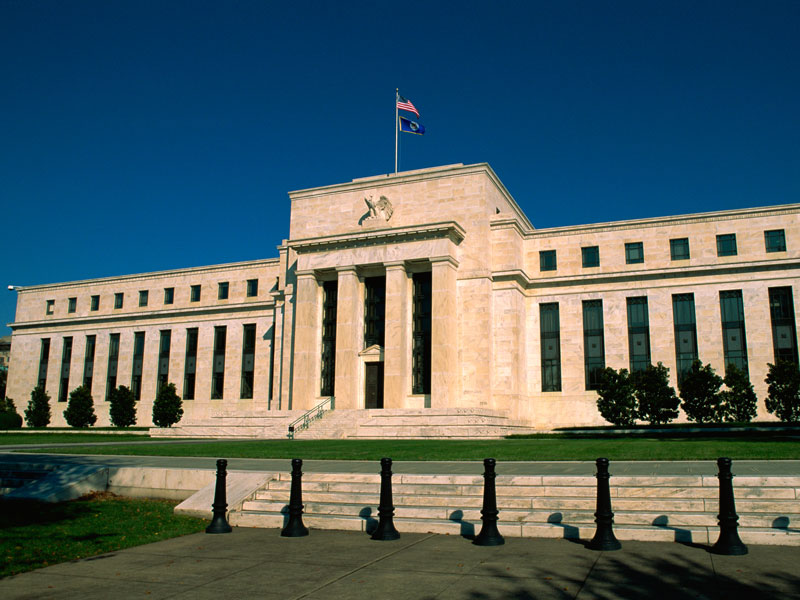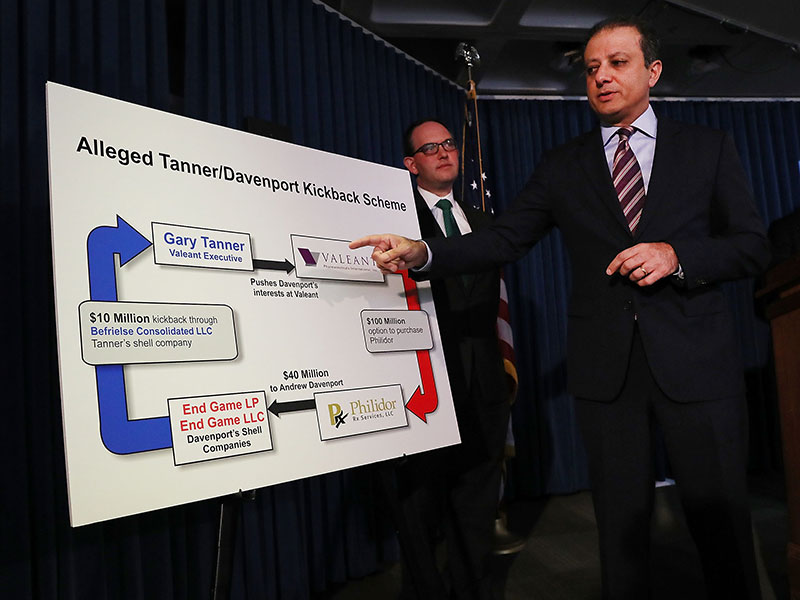The dominance of the US dollar is called into question

In July 2020, the US dollar suffered its
Many economists think that concerns about the dollar’s demise are over-exaggerated. They argue that a number of short-term factors have contributed to its decline, including the US Federal Reserve’s
Others disagree that a weaker dollar means it’s necessarily losing influence in the world. “An expensive dollar is the most significant threat to dollar dominance. It is inflationary around the world, increases credit risk, damages balance sheets and limits credit flows. A cheap dollar is everyone’s friend,” said Aaron Cantrell, Director of Economic Research at Record Currency Management.
Nevertheless, its decline in value tells us something important about the US’s changing place in the world’s financial system. While US dollar is likely to remain the world’s reserve currency for the foreseeable future, its depreciation is a sign that the US no longer commands the global trust and confidence that it once did.
Having reservations
The rally it saw at the start of the pandemic fulfilled analysts’ expectations; during times of economic uncertainty, people will often flock to safe haven currencies. But this rally was short-lived. Benjamin Cohen, the Louis G Lancaster Professor of International Political Economy at the University of California, explains that this was out of the ordinary.
“In the past, when a major crisis hit the world economy – such as the Latin American debt crisis of the 1980s, the Asian debt crisis of 1997-98, the global financial crisis of 2008-09 – the dollar served as a safe haven. Money would flow into the US – specifically, into US Treasury bonds. So under ordinary circumstances we might have expected to see the same thing today in the midst of the COVID-19 pandemic. But it hasn’t happened this time,” he told
World Finance
.
The dollar’s sharp decline in value speaks to vulnerabilities in the US economy. US institutions are growing weaker while politics is becoming more dysfunctional. Trump’s economic nationalism has seen the US’s role in global trade and international politics diminish. At the same time, his mismanagement of the coronavirus crisis has seriously eroded trust in the country, both at home and abroad.
“My opinion is that [the decline] is because of the pathetic policy response of the Trump administration, which for many around the world is the last straw,” said Cohen. “For three years the Trump administration has taken steps that undermine the world’s confidence in the US – and by extension, confidence in the dollar. More than ever, investors and central banks are trying to find or promote alternatives to the greenback. The dollar is no longer the default refuge in the midst of a crisis.”
Ideally, the host economy of a reserve currency should play an outsize role in global trade, serve as a global creditor and have a history of monetary stability. Together, these factors encourage partners to draw up contracts in its currency and accumulate the US dollar in reserves. The US no longer fulfills these criteria as clearly as it once did. Its share of global trade has fallen – particularly during the US-China trade war – while alarmingly high levels of public debt undermine its record of stability. This raises doubts over whether the US dollar’s central role in global markets is still warranted.
The status quo
When the virus first broke out, investors and companies rushed to the dollar. “The pandemic exposed the scale of dollar dependency around the globe,” said Cantrell. “Financial institutions, corporations and governments all scrambled for dollars to cover liabilities and liquidity needs in face of the unknown.”
The dollar’s role as the world’s reserve currency was established in the 1944 Bretton Woods agreement, which pegged the exchange rate of all currencies to the dollar, which in turn was pegged to gold. This meant that, instead of gold, other countries accumulated reserves of US dollars.








